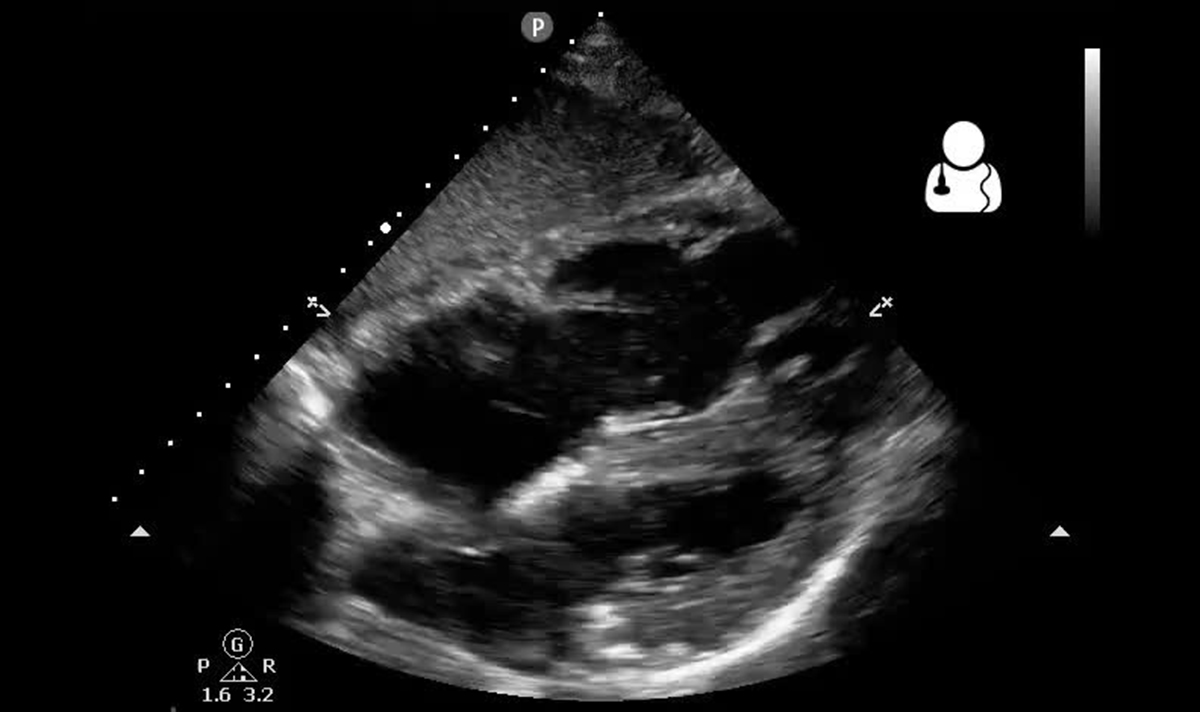
ERCP or endoscopic retrograde cholangiopancreatography refers to a procedure which is used in order to diagnose stones, cancer, lesions, and damages in the bile duct or scaring which is a consequence of an inflammation. An endoscope (a medical device with a camera) is used in this procedure.
ERCP begins with the intravenous sedation of the patient. After that the endoscope is pushed through the patient's mouth, through the esophagus, into the stomach and all the way to the part of the small intestine called duodenum. Then a catheter is put through the endoscope and placed in the channels which go to the pancreas and gallbladder. At the end the dye in inserted into the channels and an X-ray image can be taken.
In most cases ERCP is a safe procedure but sometimes complications can occur. Some of the complications are inflammation of the pancreas (pancreatitis), damage of the tissues caused by the medical instruments which require prompt surgery or infections which are treated with antibiotics. If the patient vomits, has fever, severe pain in the abdomen or in the throat, or has difficulties when swallowing, he/she must immediately visit the doctor.
Pancreatitis usually has mild symptoms such as nausea and pain in the abdomen and the patient can go home after a couple of days spent in hospital. Pancreatitis caused by ERCP and pancreatitis caused by any other reason are treated the same. Other symptoms which can be a sign of pancreatitis are pain in the back, severe pain in the upper part of the abdomen which worsens after eating and vomiting. In extremely rare cases pancreatitis can cause problems such as infection, diabetes, breathing difficulties, kidney failure, and cancer or pseudo cyst. In order to determine pancreatitis the doctor must perform blood and stool tests, CT scan, MRI and ultrasound. The best treatment for pancreatitis is hospitalization because the doctor will control the inflammation, prescribe the proper medications because pancreatitis can be painful and put you on appropriate diet. In order to recover from pancreatitis, you should avoid alcohol and cigarettes, eat healthy and drink a lot of fluids.
Since ERCP is performed while the patient is sedated, the patient can have complications connected to the anesthesia. The symptoms of such complications include low blood pressure, slow pulse, difficulties when breathing, dry mouth, blurry vision, burning sensation, nausea, retention of the urine and irritations of the skin. In some cases the patient can have an allergic reaction to the dye which is used in the procedure.


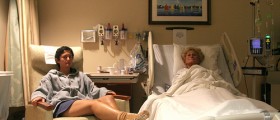
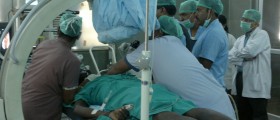
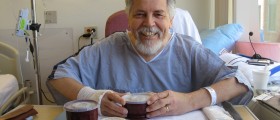



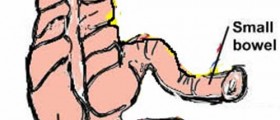


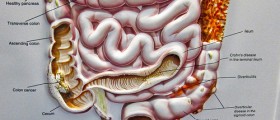




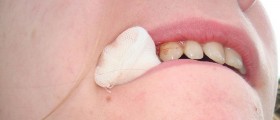
Your thoughts on this
Loading...